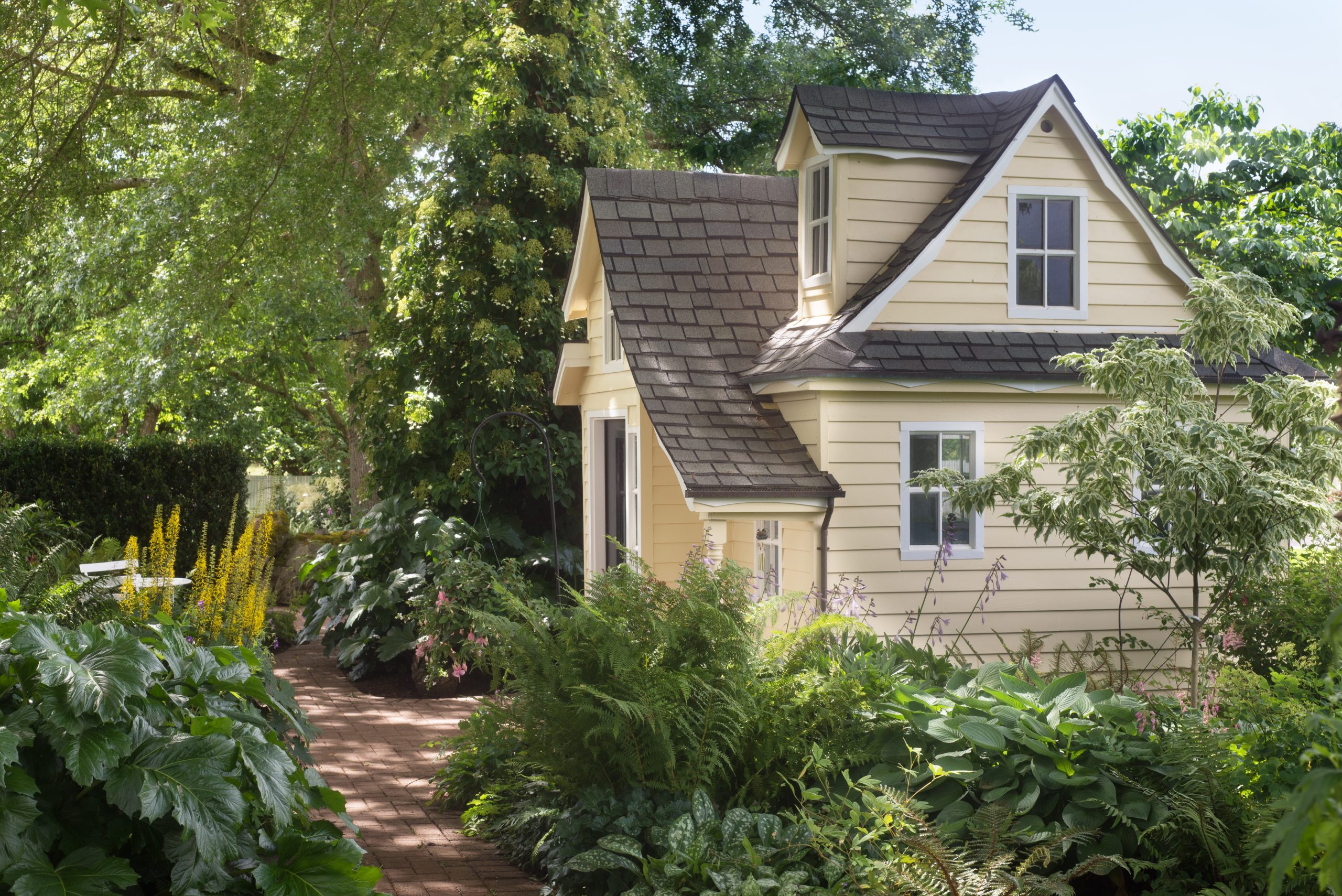You Ask, We Answer: What are Accessory Dwelling Units?If you’ve been thinking about expanding the space you live in to accommodate your changing lifestyle while also expanding your privacy, we have good news. Whether you’re committed to staying in your current Connecticut home or are interested in investing in new construction, you can still make your dreams of extended space a reality. Get to know Accessory Dwelling Units, or ADUs, and how they can work to support your ever-changing lifestyle.
What is an Accessory Dwelling Unit (ADU)?While outbuildings like sheds are common sights on properties, you may not be familiar with the increase in popularity of Accessory Dwelling Units. An
Accessory Dwelling Unit (ADU) is a legal outbuilding that is equipped with fully functioning electricity, water, plumbing, and cooking facilities. Like an “in-law” apartment–and they do make great in-law apartments!–ADUs provide comfortable shelter and living arrangements for those who want the flexibility of their own space.
What qualifies as an Accessory Dwelling Unit?While many Accessory Dwelling Units are detached or stand-alone units, some are attached to the main house like we often think of a traditional in-law unit. Still, some are converted spaces like space above a garage or a basement apartment.
Depending on your local zoning laws, you may be able to create an Accessory Dwelling Unit on your property that not only meets the needs of your family, but that enhances the value of your property. With the right permits, design, and imagination, your Connecticut home may be the right candidate for an ADU.
Who benefits from an ADU?There are many different situations that may drive a Connecticut homeowner to consider an Accessory Dwelling Unit on their property. For many, building an ADU as a fully functioning in-law apartment makes sense, especially if parents are beginning to age but still want to retain their independence.
For others, a separate unit that allows their grown children to live with autonomy while being able to build out their savings is the goal. Busy families may be interested in an ADU for an au pair residence, and still other Connecticut homeowners may see an opportunity for a lucrative AirBnB side business. Again, all of these options will depend on your local zoning laws, so be sure to do your research before embarking on creating an Accessory Dwelling Unit on your property.
I’m interested in new construction. Do you have any new home communities that can accommodate an ADU?If you’re still committed to buying a new construction home in Connecticut but also want the option of being able to build an Accessory Dwelling Unit on your new property, Calcagni Real Estate can help.
Our new construction neighborhood at Arbor Meadows in Cromwell, Connecticut currently has homesites available that will allow for the building of Accessory Dwelling Units, and the builder can customize a plan to suit your needs. Whether you are seeking a multi-generational living arrangement, au pair option, or another living arrangement, Arbor Meadows not only offers stunning single-family homes, but now offers the flexibility to make your space work for your evolving needs.
Have questions about ADUs and your Connecticut home? Reach out to Calcagni Real Estate today. We’d love to help you navigate this, or any of your Connecticut real estate needs.




